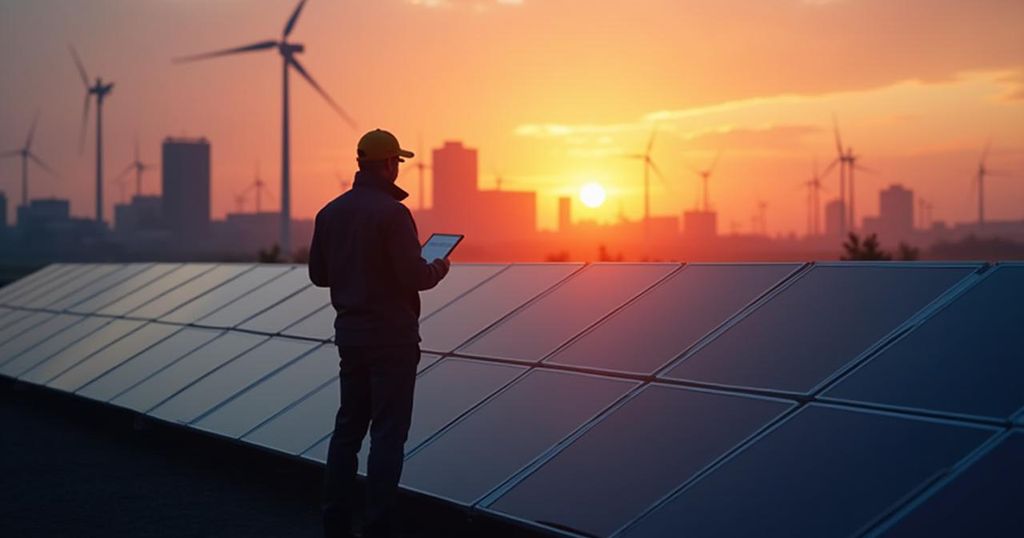Lenovo Expands Solar Power Capacity at Budapest Facility, Enhancing Sustainability
Lenovo has increased the solar energy capacity at its Budapest facility to 3 MW, enough to power an electric car over 10,800 miles. This facility supports High Performance Computing (HPC) testing on 100% renewable energy and is part of Lenovo’s global sustainability initiatives, including reducing emissions and promoting circular economy practices.
Lenovo recently enhanced its manufacturing facility in Budapest, Hungary, by installing new solar panels that elevate its total solar capacity to 3 megawatts (MW). This energy is sufficient to power an electric car for over 10,800 miles. The facility includes the Global Innovation Centre, which can now operate entirely on solar power, supporting High Performance Computing (HPC) testing with a focus on sustainability. The upgraded solar installation, now comprising over 5,000 panels across two buildings, is part of Lenovo’s broader commitment to reduce Scope 2 emissions globally. The company is also considering further solar projects in Brazil, Mexico, and China. Lenovo’s sustainability initiatives extend beyond energy. The facility features advanced technologies, such as the Lenovo Neptune™ direct liquid cooling, achieving high energy efficiency savings. Additionally, Lenovo’s Value Recovery Service promotes a circular economy by refurbishing and recirculating used equipment. Sustainability measures at the Budapest site include heat recovery systems and the patented Low Temperature Soldering process, which significantly decreases emissions during manufacturing. Since its launch, the factory has shipped 1.5 million workstations and servers to numerous clients across EMEA. The new solar panels were officially inaugurated on April 24, 2024, marking a significant step in Lenovo’s sustainability journey.
Lenovo is committed to boosting sustainability in its global operations, particularly at its European manufacturing sites. The company’s efforts include investing in solar energy, implementing energy-efficient technologies, and promoting a circular economy. The Budapest facility serves as a model, showcasing the integration of renewable energy solutions and sustainable practices into high-tech manufacturing.
Lenovo’s efforts at its Budapest facility underline the company’s dedication to sustainability, showcasing advancements in solar energy and energy-efficient technologies in manufacturing. By enhancing its solar capacity and implementing innovative processes, Lenovo is making significant strides towards reducing its carbon footprint and supporting global sustainability goals.
Original Source: news.lenovo.com




Post Comment